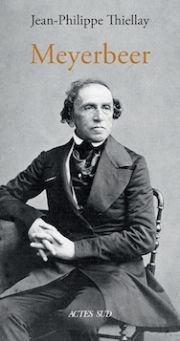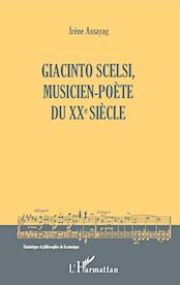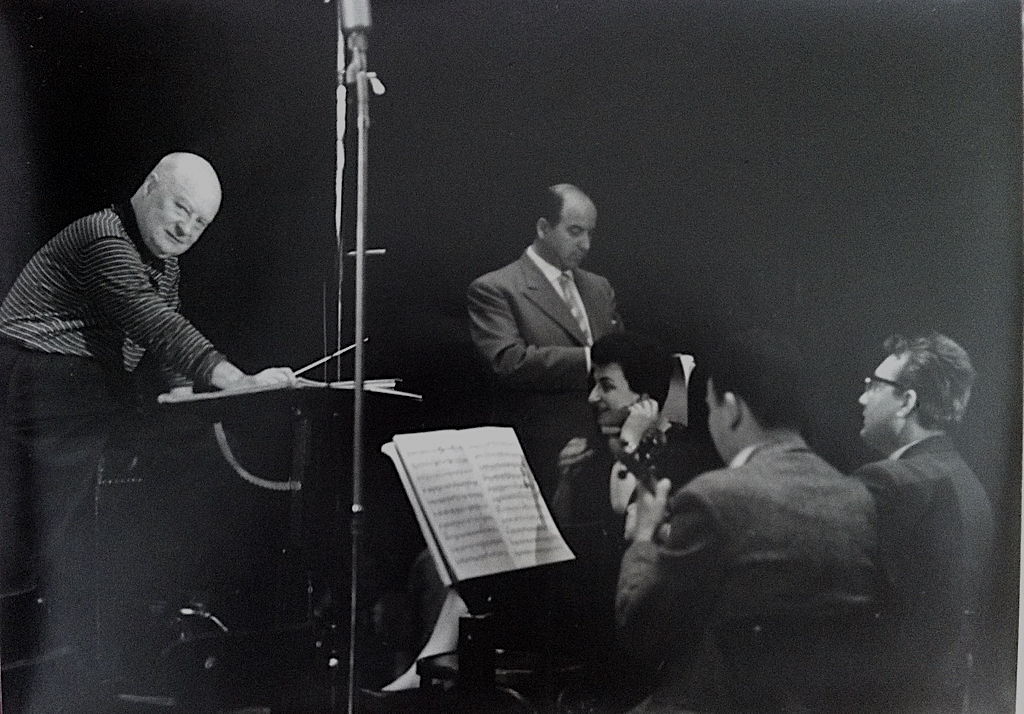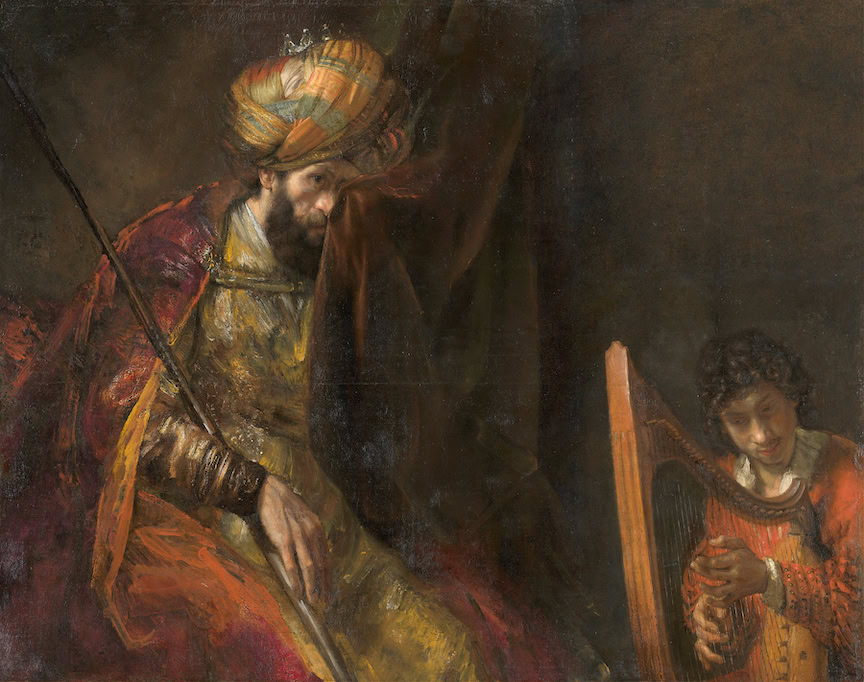Two biographies
Two books, one concise, the other packed with detail, deal respectively with the life of Meyerbeer and that of Scelsi.

Born in Berlin in 1791 and died in Paris in 1864, Meyerbeer enjoyed a threefold career as an opera composer: in his native Germany, in Italy, where he was introduced to bel canto, and above all in France, where he glorified the genre, born of Romantic drama, of grand opera, characterized by historical reconstructions, grandiose effects and the pompous luxury of sets and costumes. Although his works in French were among the most widely performed operas of the 19th century, they were subsequently eclipsed by several factors: changing tastes, a lack of trained bel canto singers, nationalism (Germanophobia in France, while some in Germany considered him a traitor) and anti-Semitism. Recently, a new, but still timid, curiosity has been returning to the honor of this too little-known and often prejudiced composer. Jean-Philippe Thiellay's biography, thanks in particular to the invaluable sources provided by his letters and diary, which were long inaccessible, describes an artist who was a perfectionist, methodical and always working hard, but also a cultured, engaging and generous man who suffered the ingratitude of a Heine or a Wagner.
The fruit of over a decade of research by Irène Assayag, her book on the life and thought of Italian composer Giacinto Scelsi draws on numerous interviews and often unpublished documents to present us with this marginal and willingly eccentric figure, away from mystifications. Known for his exploration of the interior of sound, its "third dimension" and its energetic force, he saw music as both an offering and a ritual. Although ignored in his native country and subject to the animosity of certain dogmatic circles, and long removed from the main distribution circuits because of his independence, he was not as isolated as he is sometimes portrayed, and had a decisive influence both on members of the spectral school and on many American composers. After Scelsi's death, a controversy arose concerning his compositional work, based on improvisations transcribed and arranged by assistants, which blurred the boundary between the creator as receptacle of inspiration, intermediary through whom the music passed, "messenger" dealing with the spirit of the work, and the transcriber, responsible for the technical aspect of his writing. If the numerous disgressions and innumerable biographical sketches of people more or less in contact with the Italian master often detract from the central subject of this study, at least this profusion restores to us the entourage in which he fit, the influences received (Debussy, Scriabin, theosophy and anthroposophy, Hinduism, etc.) and his living environment. The richness of the documentation will allow us to overlook a few formal shortcomings (a few missing words, a few misspelled names, identical repetition of a passage on page 287, a terminological index placed before the appendices, etc.) and appreciate the immense amount of documentation accomplished.
Irène Assayag: Giacinto Scelsi, musicien-poète du XXe siècle, 674 p., € 54.00, Éditions l'Harmattan,Paris 2018, ISBN 978-2-343-10792-9
Jean-Philippe Thiellay: Meyerbeer, 192 p., € 19.00, Éditions Actes Sud, Arles 2018, ISBN 978-2-330-10876-2










